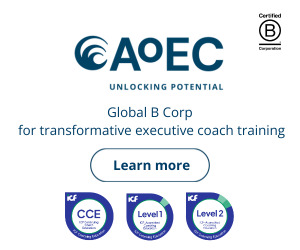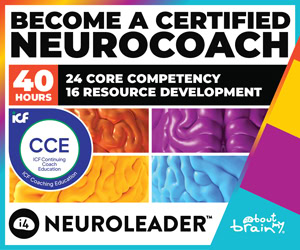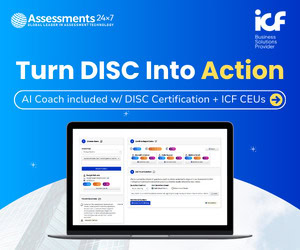Featured Post
Explore the Latest Posts
Search
Topic
Post Type
Audience Type
Author
Trust, Transformation and Technology: Coaching in the Financial and Professional Services Sectors
The Global Growth Blog Series | Part 3 ICF’s Global Growth blog…
How to Master AI and Authenticity in Coaching
How do you stay relevant when AI can now draft client assessments…
Why Coaching Works: The Psychological Nutrients That Feed Flourishing
Where I’m from, many people still view coaching as woo-woo. Someone once…
How to Use LinkedIn to Establish Thought Leadership
LinkedIn offers coaches a powerful opportunity to attract new clients, establish thought leadership, and grow…
Personal Branding for Coaching — Amplified by AI
How can you stand out as a coach in a crowded market…
How Career Transition Coaching Protects Your People, Your Brand, and Your Culture
When companies ask me about the ROI of coaching, I usually ask…
Coaching as a Strategic Advantage: What the 2025 Global Coaching Study Reveals
The 2025 ICF Global Coaching Study highlights continued global growth in professional coaching alongside…
The Power of Active Listening in Meaningful Coaching: Why Active Listening is the Most Essential Coaching Competency
Of all the foundational coaching competencies identified by the International Coaching Federation…
Allyship in Action: Coaching as a Catalyst for Change
Allyship is often framed as a value or an intention. In practice,…
Grace Under Fire: Building Stress Resilience for Coaches and High Achievers
There’s a unique kind of pressure that lives at the intersection of…
Beyond the Session: The Coach-Adjacent Skills That Matter
Unlike many coaches, I didn’t come to this from another career. Coaching…
The Role of Cultural Humility in Coaching
Remember the last potluck you attended? Everyone brought a dish, a food representing their…
Self-Compassion in Understanding Our Immunity to Change
Not long ago, one of my coaching clients confided that she hoped…
The ROI of Coaching: Why It’s Worth the Investment
Coaching is on an upward trajectory — not by chance, but because…
How Psychology and Supervision Evolve Coaching
As the coaching profession continues to grow and mature, one question is…



















